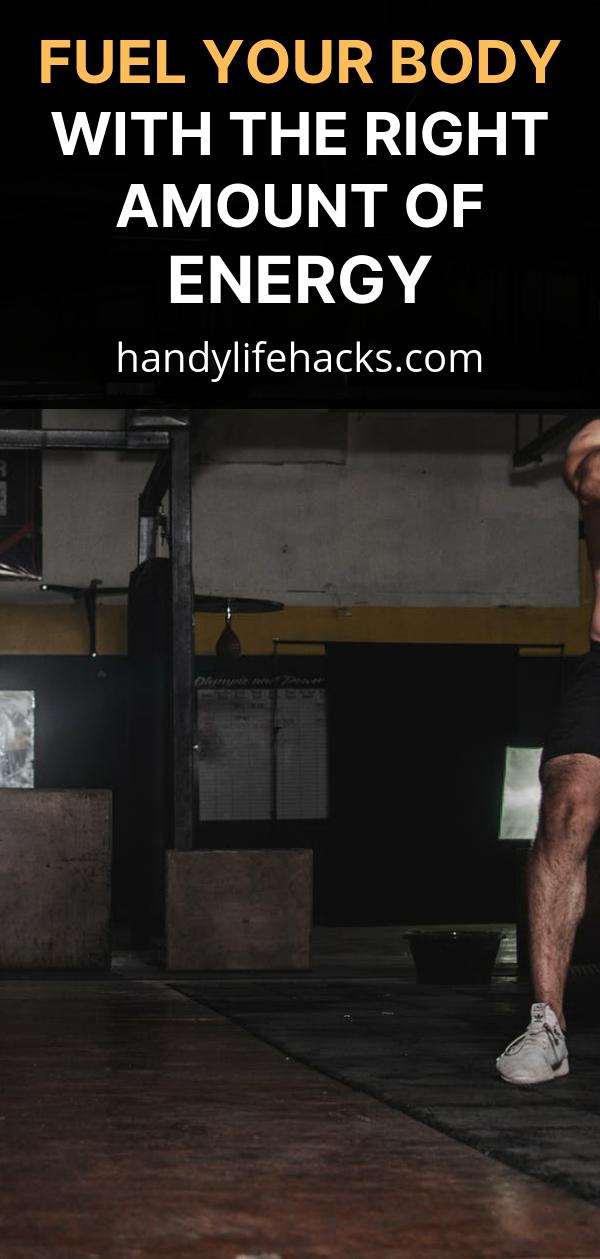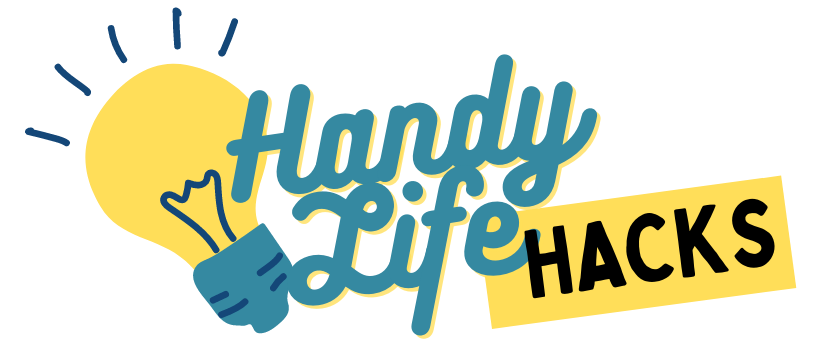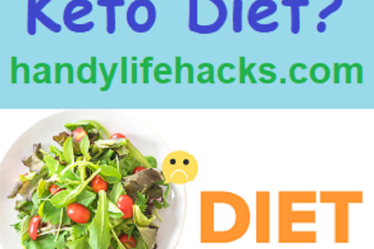
If you’re going to be as productive as possible, then your diet is incredibly important to consider. Ultimately, what you eat is your main source of fuel and if you aren’t getting enough of it, then you’re going to feel low on energy.
This is something that a lot of people get wrong during the day: unintentionally starving themselves so that by the time they should be firing on all cylinders at work, they’re actually starting to flag and feel listless and drained.
But it’s not as simple as just ‘eating more’. Eat too much and you can end up feeling exhausted too – as we all know from too many massive Christmas dinners and Sunday roasts. Read on then, and we’ll look at how you can go about providing yourself with a steady source of energy from your diet.

Slow Release vs Fast Release
What is important is not what you eat or when you eat it but rather how long it takes for the sugar from that food to reach your blood.
All food contains energy in the form of calories. This includes carbohydrates, fats, and proteins.
What differs though, is how long it takes for the calories to reach your bloodstream – which is dictated by how long it takes to absorb.
When you consume a ‘simple carb’, it essentially gets processed immediately by your body and hits your bloodstream quickly. This is anything like white bread, white pasta, chocolate, or sweets. The sweeter the food tastes, the purer the sugar is, and the more quickly it will be absorbed.
Conversely though, when you consume fats or ‘complex’ carbs, there is more to be processed by the body. This means the sugar is extracted more slowly and is released gradually into the blood.
For the purposes of providing a steady stream of energy, this is far preferable. Otherwise, if energy is absorbed too quickly, this can cause a sudden ‘spike’, followed by an immediate crash.
Essentially, the body notes the sudden increase in sugar and responds by releasing insulin. This insulin encourages the sugar to be absorbed for use in the body or to be stored as fat.
Once this happens, the brain will release serotonin, which is the ‘feel-good hormone’. Unfortunately, this hormone is also a precursor to melatonin, which is why we feel sleepy immediately after.
Thus, if you want to avoid a spike and a crash, the best recourse is either to have a complex carbohydrate/fat source early in the day to provide steady energy, or to subsist on smaller snacks throughout the day. This is why oatmeal oats, or an avocado, can make such a great breakfast choice.

How Much Energy do You Need?
On top of this, try to ensure you avoid consuming more calories than you need which can lead to weight gain. Calculate your AMR which is the number of calories you will burn on any given day and then aim to consume somewhere around or just below that number to avoid a surplus.



